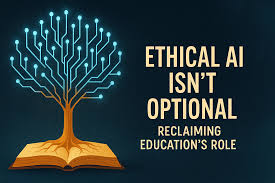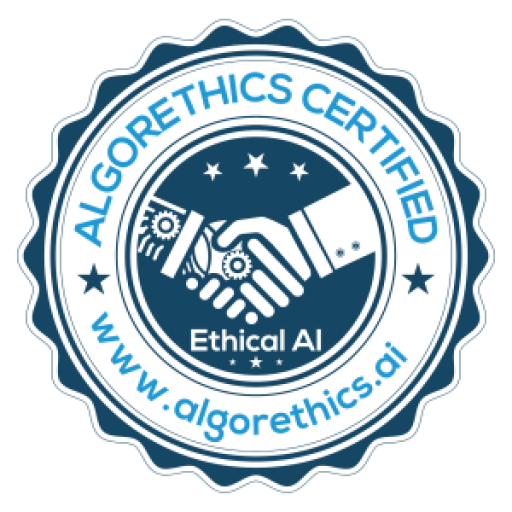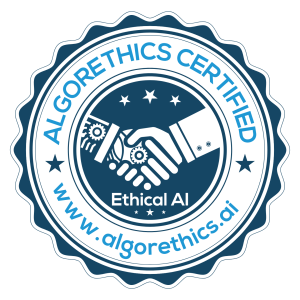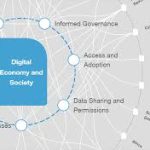In 2025, the conversation around artificial intelligence has moved beyond novelty and innovation — it now centers on trust, transparency, and accountability. As AI systems become deeply embedded in sectors like healthcare, finance, education, and public services, the need for ethical AI is no longer optional. It is a foundational requirement for organizations aiming to stay competitive, compliant, and credible in a rapidly evolving digital ecosystem.
The Rise of Responsible Artificial Intelligence
The last few years have witnessed numerous high-profile cases of AI bias, privacy breaches, and opaque decision-making. These events have led to a societal reckoning with the implications of unchecked AI development. In response, governments, regulatory bodies, and industry leaders have pushed for responsible artificial intelligence — a framework that ensures AI systems are fair, transparent, and aligned with human values.
Responsible AI isn’t just about avoiding harm. It’s about building systems that actively promote fairness, inclusivity, and accountability. In 2025, this includes ensuring data diversity, implementing robust audit trails, and designing AI to be explainable and trustworthy from the ground up.
Regulatory Pressure and AI Compliance
With the expansion of AI-specific legislation in regions like the European Union, North America, and parts of Asia, AI compliance is now a legal necessity. The EU AI Act, for example, imposes strict requirements on high-risk AI applications, mandating transparency, human oversight, and risk management. Failure to comply can result in significant fines and reputational damage.
Global companies are now building dedicated compliance teams to align their AI practices with regional laws and ethical standards. This includes regular algorithm audits, bias mitigation protocols, and third-party assessments. AI compliance is no longer a box to check — it’s a continuous process that shapes how systems are built and deployed.
Trust as a Competitive Advantage
In an era where consumers are more informed and skeptical about how their data is used, trust has become a key differentiator. Companies that prioritize ethical AI gain a competitive edge by fostering stronger relationships with customers, regulators, and partners. Whether it’s a financial service provider using explainable AI to approve loans, or a healthcare platform ensuring data privacy, responsible practices directly impact business outcomes.
Moreover, ethical AI supports innovation. When systems are built responsibly, they are more scalable, adaptable, and resilient to scrutiny — opening doors to new markets and collaborations that would otherwise be out of reach.
Conclusion: From Ideal to Imperative
The shift toward ethical AI in 2025 is not just a moral imperative — it’s a strategic necessity. As technology becomes more autonomous and influential, organizations must embrace responsible artificial intelligence to maintain legitimacy and drive sustainable growth. With global standards tightening and public expectations rising, embedding ethics into AI design is not just the right thing to do. It is the only way forward.
AI isn’t just shaping the future — it is shaping society. And in 2025, the call for ethical AI has never been louder or more urgent.







